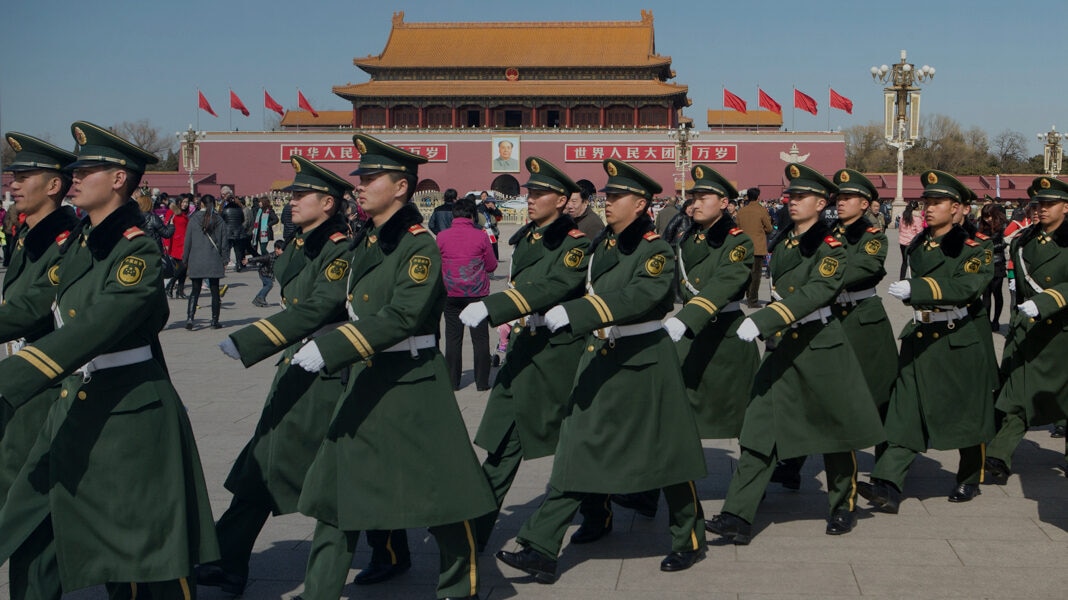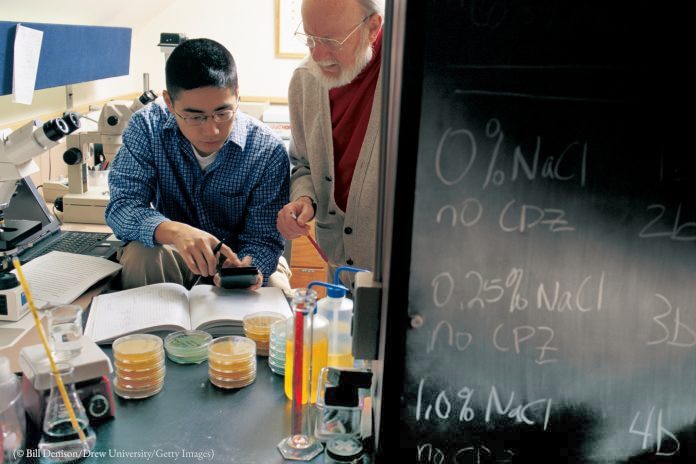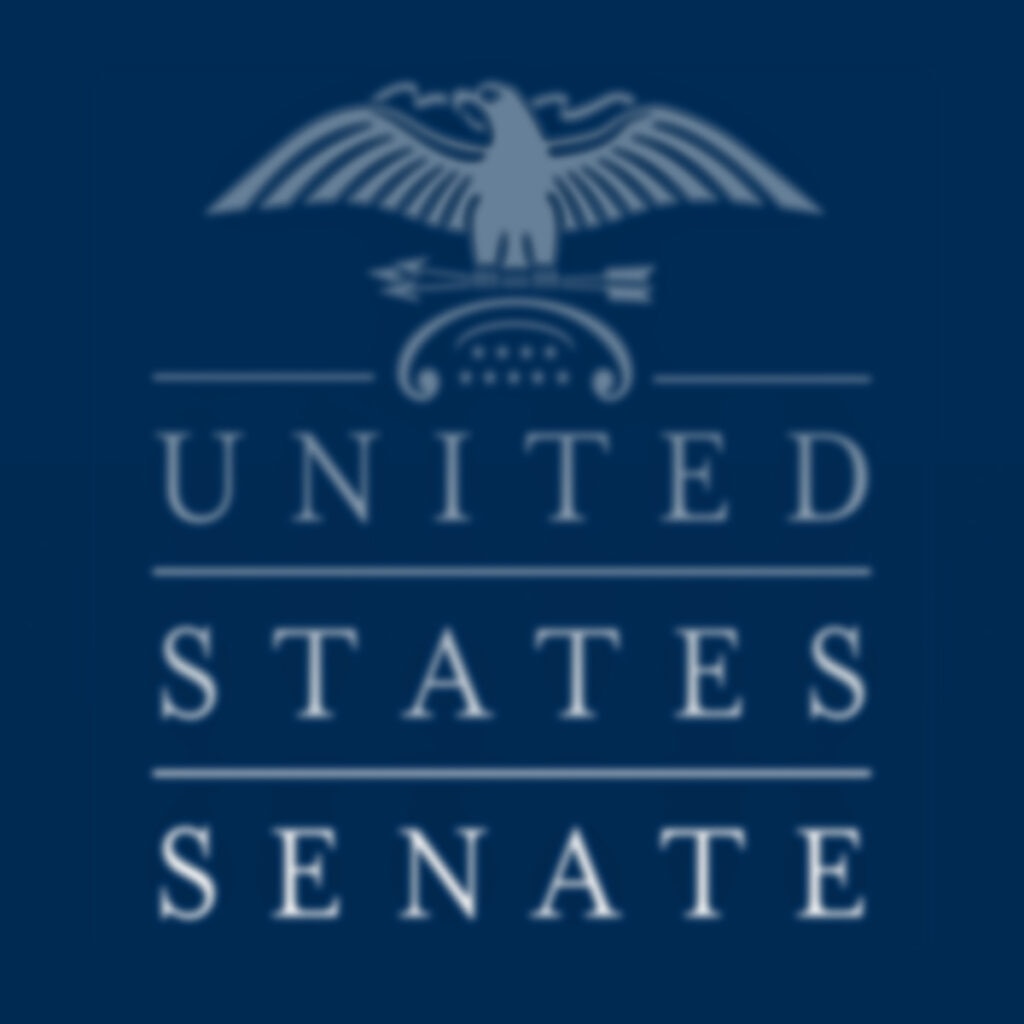What is Military-Civil Fusion (MCF)?
Military-Civil Fusion is a national strategy of the Chinese Communist Party (CCP) to develop the People’s Liberation Army (PLA) into a “world class military” by 2049. Under MCF, the CCP is acquiring the intellectual property, key research, and technological advances of the world’s citizens, researchers, scholars, and private industry in order to advance the CCP’s military aims. The CCP is systematically reorganizing the Chinese science and technology enterprise to ensure that new innovations simultaneously advance economic and military development. PRC President and CCP General Secretary Xi Jinping personally oversees the strategy’s implementation. He chairs the CCP’s Central Military Commission and the Central Commission for Military-Civil Fusion Development.
Even if the Chinese Communist Party gives assurances about your technology being confined to peaceful uses, you should know there is enormous risk to America’s national security.
Michael R. PompeoSecretary of State
Its goal is to enable the PRC to develop the most technologically advanced military in the world. As the name suggests, a key part of MCF is the elimination of barriers between China’s civilian research and commercial sectors, and its military and defense industrial sectors. The CCP is implementing this strategy, not just through its own research and development efforts, but also by acquiring and diverting the world’s cutting-edge technologies – including through theft – in order to achieve military dominance.

January 13, 2020
Technology and the China Security Challenge
Secretary Pompeo speaks to the Silicon Valley Leadership Group at the Commonwealth Club in San Francisco, California.
Read the Secretary’s speech
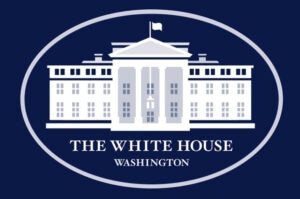
May 29, 2020
President Donald J. Trump Is Protecting America From China’s Efforts To Steal Technology and Intellectual Property
Fact sheet on President Trump’s actions to counter MCF.
Read the fact sheet

March 16, 2020
The PRC’s “Military-Civil Fusion” Strategy Is a Global Security Threat
Assistant Secretary Christopher A. Ford explains what MCF is, what it is not, and why it is a national security threat.
Read the DipNote entry
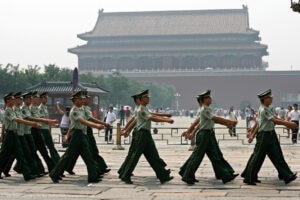
January 30, 2020
China’s Military-Civil Fusion Strategy Poses a Risk to National Security
A Public Affairs Officer in the Bureau of International Security and Nonproliferation writes about the risks innovators face from MCF.
Read the DipNote entry

March 12, 2020
Briefing on the PRC’s Military-Civil Fusion Strategy
A Senior State Department Official briefs the press on background about China’s MCF strategy.
Read the briefing transcript
Why is MCF so important to the Chinese Communist Party?
The CCP sees MCF as critical to advancing its regional and global ambitions. It believes that artificial intelligence (AI) will drive the next revolution in military affairs, and that the first country to apply AI to next generation warfare will achieve military dominance. MCF aims to pave the way for the PRC to be the first country to transition to “intelligent warfare,” and therefore develop the military capabilities it sees as critical to achieving these goals.
Technology and Power in China’s Geopolitical Ambitions
Assistant Secretary Ford testifies before the U.S.-China Economic and Security Review Commission.
Read the Assistant Secretary’s remarks
What technologies are targeted under MCF?
Key technologies being targeted under MCF include quantum computing, big data, semiconductors, 5G, advanced nuclear technology, aerospace technology, and AI. The PRC specifically seeks to exploit the inherent ‘dual-use’ nature of many of these technologies, which have both military and civilian applications.

Huawei and Its Siblings, the Chinese Tech Giants: National Security and Foreign Policy Implications
Assistant Secretary Ford speaks at Multilateral Action on Sensitive Technologies (MAST).
Read the Assistant Secretary’s remarks
How is the PRC targeting these technologies?
The CCP is developing and acquiring key technologies through licit and illicit means. These include investment in private industries, talent recruitment programs, directing academic and research collaboration to military gain, forced technology transfer, intelligence gathering, and outright theft. The CCP’s MCF strategy allows a growing number of civilian enterprises and entities to undertake classified military R&D and weapons production. The CCP also exploits the open and transparent nature of the global research enterprise to bolster its own military capabilities through bodies like the China Scholarship Council, which requires academic scholarship recipients to report on their overseas research to PRC diplomats.
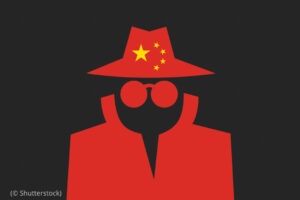
Preventing U.S. Industry’s Exploitation by China’s “Military-Civil Fusion” Strategy
Assistant Secretary Ford joins the U.S. Chamber of Commerce on a Zoom teleconference during the global pandemic to discuss MCF.
Read the Assistant Secretary’s remarks

Coalitions of Caution: Building a Global Coalition Against Chinese Technology-Transfer Threats
Assistant Secretary Ford participates in a FBI – Department of Commerce conference on Counter-Intelligence and Export Control.
Read the Assistant Secretary’s remarks
Why should we be concerned about MCF?
MCF threatens the trust, transparency, reciprocity, and shared values that underpin international science and technology collaboration and fair global business practices. In a clandestine and non-transparent manner, the CCP is acquiring the intellectual property, key research, and technological advancements of the world’s citizens, researchers, scholars, and private industry in order to advance military aims. Joint research institutions, academia, and private firms are all being exploited to build the PLA’s future military systems—often without their knowledge or consent.
The Chinese Communist Party on Campus: Opportunities and Risks
The United States must protect its interests against CCP efforts that threaten academic freedom, misuse access to world-class institutions, and seize research to enhance the PRC military.
Read the fact sheet [502 KB]
Why China Technology-Transfer Threats Matter
Assistant Secretary Ford addresses the U.S. Naval Academy about why technology-transfer and MCF challenges traditional ways of approaching export control and technology-transfer policy.
Read the Assistant Secretary’s remarks
Remarks by Vice President Pence at the Frederic V. Malek Memorial Lecture
For the Wilson Center’s inaugural Frederic V. Malek Memorial Lecture, Vice President Pence discusses the U.S. relationship with China.
Read the Vice President’s remarks
